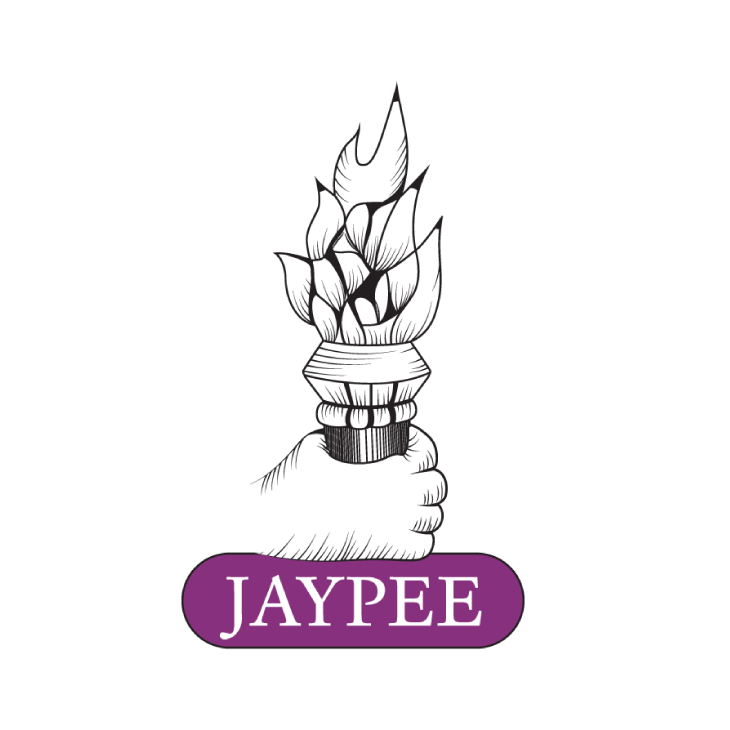Epilepsy in Children
GOURI PASSISynopsis
Children have the highest incidence of epilepsy compared to any other age category. However, 70% of newly diagnosed children with epilepsy can undergo remission if treated appropriately. Unfortunately in developing countries, more than three quarters of patients with epilepsy, do not receive adequate treatment. <br/><br/>There have been dramatic changes in the landscape of pediatric epilepsy. The classification is always in a state of flux. Partial onset epilepsy is now to be called focal epilepsy. The term complex partial epilepsy has been discarded to be called dyscognitive seizures. In fact, the first identified channelopathy was a defect in the potassium channel in benign familial neonatal seizures. Genetic underpinnings of many other types of epilepsy are slowly being unraveled; such as generalized epilepsy with febrile seizures plus which is now known to be caused by a defect in voltage-gated sodium channels. Diagnostic tools such as high resolution magnetic resonance imaging (MRI) have revealed many different patterns of neuronal migration abnormalities, including periventricular nodular heterotopias, band heterotopias, small cortical dysplasia and perisylvian heterotopias. Positron emission tomography (PET) and single photon emission computed tomography (SPECT) scans, SISCOM, functional magnetic resonance imaging (fMRI) and magnetoencephalography are coming slowly into clinical use. While clinicians are still coming to terms with the indications and adverse effects of newer drugs such as topiramate, lamotrigine, zonisamide, lacosamide, levetiracetam and brivaracetam, new side effects such as blue skin discoloration with retigabine are being reported. Alternative therapy for refractory epilepsy such as the ketogenic diet and epilepsy surgery has also made small determined steps in India. <br/><br/>Pediatricians need to keep abreast of current literature in pediatric epilepsy. This book is a small attempt in that direction. Pediatric neurologists from around the country have contributed to compile a comprehensive book on Epilepsy in Children.
Has CD/DVD inside Book
Synopsis
Children have the highest incidence of epilepsy compared to any other age category. However, 70% of newly diagnosed children with epilepsy can undergo remission if treated appropriately. Unfortunately in developing countries, more than three quarters of patients with epilepsy, do not receive adequate treatment. <br/><br/>There have been dramatic changes in the landscape of pediatric epilepsy. The classification is always in a state of flux. Partial onset epilepsy is now to be called focal epilepsy. The term complex partial epilepsy has been discarded to be called dyscognitive seizures. In fact, the first identified channelopathy was a defect in the potassium channel in benign familial neonatal seizures. Genetic underpinnings of many other types of epilepsy are slowly being unraveled; such as generalized epilepsy with febrile seizures plus which is now known to be caused by a defect in voltage-gated sodium channels. Diagnostic tools such as high resolution magnetic resonance imaging (MRI) have revealed many different patterns of neuronal migration abnormalities, including periventricular nodular heterotopias, band heterotopias, small cortical dysplasia and perisylvian heterotopias. Positron emission tomography (PET) and single photon emission computed tomography (SPECT) scans, SISCOM, functional magnetic resonance imaging (fMRI) and magnetoencephalography are coming slowly into clinical use. While clinicians are still coming to terms with the indications and adverse effects of newer drugs such as topiramate, lamotrigine, zonisamide, lacosamide, levetiracetam and brivaracetam, new side effects such as blue skin discoloration with retigabine are being reported. Alternative therapy for refractory epilepsy such as the ketogenic diet and epilepsy surgery has also made small determined steps in India. <br/><br/>Pediatricians need to keep abreast of current literature in pediatric epilepsy. This book is a small attempt in that direction. Pediatric neurologists from around the country have contributed to compile a comprehensive book on Epilepsy in Children.
Has CD/DVD inside Book
Description
Children have the highest incidence of epilepsy compared to any other age category. However, 70% of newly diagnosed children with epilepsy can undergo remission if treated appropriately. Unfortunately in developing countries, more than three quarters of patients with epilepsy, do not receive adequate treatment. <br/><br/>There have been dramatic changes in the landscape of pediatric epilepsy. The classification is always in a state of flux. Partial onset epilepsy is now to be called focal epilepsy. The term complex partial epilepsy has been discarded to be called dyscognitive seizures. In fact, the first identified channelopathy was a defect in the potassium channel in benign familial neonatal seizures. Genetic underpinnings of many other types of epilepsy are slowly being unraveled; such as generalized epilepsy with febrile seizures plus which is now known to be caused by a defect in voltage-gated sodium channels. Diagnostic tools such as high resolution magnetic resonance imaging (MRI) have revealed many different patterns of neuronal migration abnormalities, including periventricular nodular heterotopias, band heterotopias, small cortical dysplasia and perisylvian heterotopias. Positron emission tomography (PET) and single photon emission computed tomography (SPECT) scans, SISCOM, functional magnetic resonance imaging (fMRI) and magnetoencephalography are coming slowly into clinical use. While clinicians are still coming to terms with the indications and adverse effects of newer drugs such as topiramate, lamotrigine, zonisamide, lacosamide, levetiracetam and brivaracetam, new side effects such as blue skin discoloration with retigabine are being reported. Alternative therapy for refractory epilepsy such as the ketogenic diet and epilepsy surgery has also made small determined steps in India. <br/><br/>Pediatricians need to keep abreast of current literature in pediatric epilepsy. This book is a small attempt in that direction. Pediatric neurologists from around the country have contributed to compile a comprehensive book on Epilepsy in Children.
Key Features
Epilepsy in Children is a common yet incompletely understood problem by general pediatricians.
An exhaustive list of causes and multiple classifications add to the complexities of the issues.
A plethora of new antiepileptic drugs has come in market and often we face difficulty in choosing appropriate molecule.
Silver lining is that most of pediatric epilepsies are amenable to treatment with an excellent long-term outcome, provided the workup and management plan is executed methodically.
Hence, this book, where Pediatric Neurologists from Indian Academy of Pediatrics (lAP) have given a knowhow of Pediatric Epilepsy in a simplified way.
So, this book becomes an essential companion of pediatricians and residents.
Product Details
Publisher :
JPB ;1/e edition (01 January 2014)
DVD/CD :
with DVD-ROM
Edition :
1/e edition
Binding :
Paper Back
Language :
English
Paperback :
210 pages
ISBN-13 :
9789351521341
Dimensions :
6.75 x 9.5

